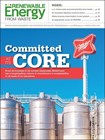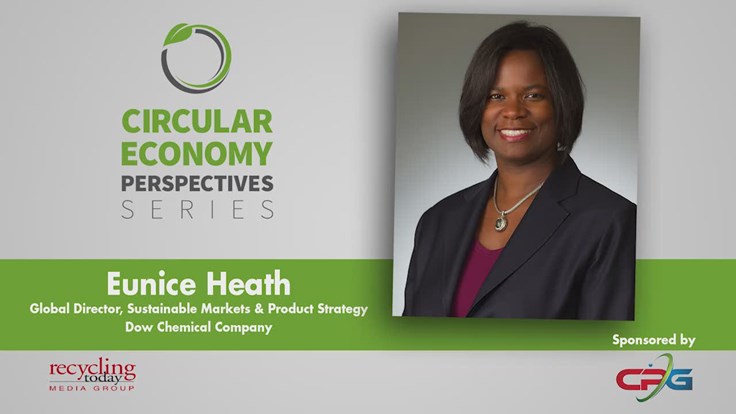A poll commissioned by the Canadian Plastics Industry Association (CPIA), has found that two-thirds of Canadians have a favorable impression of energy-from-waste (EFW) technologies.
The poll finds that gasification and feedstock recycling received the most positive support at 60 percent, followed by solid recovery fuel at 59 percent and mass burn combustion at 50 percent support.
According to the CPIA, EFW as an energy source merits a higher overall impression than other power sources. The poll finds that 69 percent of respondents have either a warm or favorable impression of EFW, while natural gas trailed at 59 percent, oil at 37 percent, nuclear at 34 percent and coal at just 19 percent.
The only energy areas that had higher favorability levels were solar at 90 percent, and wind at 75 percent.
When it comes to feedstock, 89 percent of Canadians prefer that nonrecyclable plastics be used at EfW facilities rather than be landfilled. Further, the poll notes that treating nonrecyclable plastics in an EfW plant as opposed to going to a landfill has solid support in all age groups, ranging from 86 percent among people older than 65, to 94 percent among those aged 55-64. Eighty-nine percent of people between the ages of 18 and 34 see EfW as a preferred option, according to the CPIA.
The CPIA poll also finds that 63 percent of Canadians surveyed indicated they would support the use of EfW in their communities, which shows considerable commitment to the technology, the association says.
According to the association, the Canadian EfW market has grown more than 200 percent over the past eight years. The number of operating EfW plants also has increased, from just four operating plants in 2006 to 12 facilities in an advanced stage of approval or construction by 2014.
“These polling results help us to understand the perceptions of the Canadian public when it comes to managing unrecyclable plastics,” says Krista Friesen, CPIA vice president of sustainability. “While we are very committed to building the infrastructure to collect and recycle all types of plastics, we know there is a certain percentage of the material that is unrecyclable due to contamination or lack of mechanical technology. For those materials, we believe that alternative technologies which allow for energy recovery have an important role to play in Canada's waste hierarchy.”
To view the information from the poll, click on the following link: EFW poll.
Canadian group releases poll on energy from waste
Canadian Plastics Industry Association study indicates Canadians overwhelmingly support the process.
December 2, 2014
Recycling Today Staff
Recycling Today Staff



